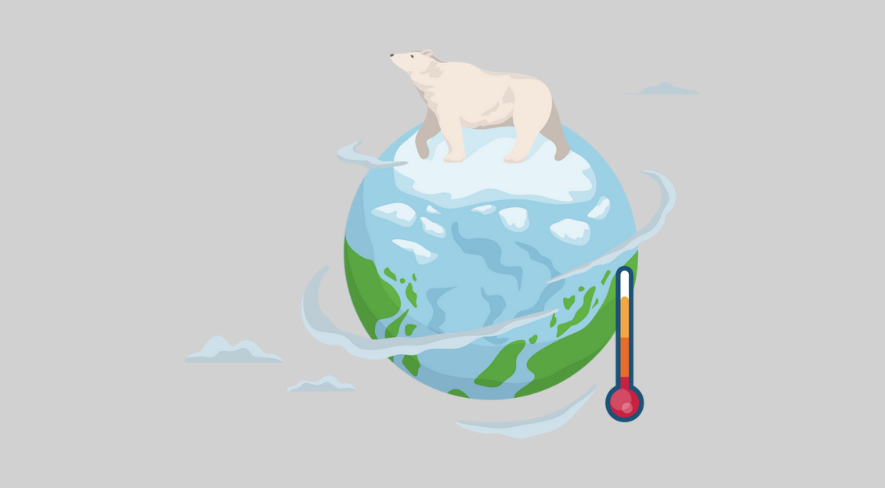Traditional Economics has shaped most of our existing policies and financial models. Our development frameworks were made when resources were in abundance and environmental issues were not as perennial. However, to be tenable, our yardstick for international development needs to go beyond exponential GDP growth. It can no longer be considered as the prime factor of an economy’s success and power.
We are in a state of transition, experiencing a shift towards sustainable economies globally. What exactly constitutes such an instrumental change? Many projects, such as the Circular Economy Action Plan by the European Union, give us a roadmap. These initiatives seek to adopt eco-designs and prepare for future-resilient economies. An additional impact of such a model is the low carbon emissions, which has further been under heavy taxation in some countries.
The externalities of the current carbon-intensive economy are becoming increasingly understood by the wider public. Citizens realise that the repercussions could be catastrophic, from adverse weather events, to droughts, floods, and other ecological damages. A carbon tax alongside efficient, clean energy innovations and infrastructure, and strict emissions regulations—can push us towards a more prosperous future. A number of economies have already adopted a carbon tax in some form. The United Kingdom has reached its lowest levels of carbon emissions since 1890, thanks to a carbon price floor of £18 per ton of carbon dioxide. Sweden’s carbon tax has helped reduce emissions by 26 percent since 1990.
It is evident that climate change is happening and pro-environment projects are being initiated. But how far are we from mitigating the risks? If we look at the 3 pillars of sustenance—Environment, Society, and Economics—their interlinkages and interdependence have grown stronger over the years. The point of concern is the excessive weight in importance that ‘economy’ is given over the other two aspects. An Economy cannot sustain without the Society and Environment. The Sustainable Development Goals by the United Nations emphasise on such an interdependence. Moreover, climate change is a cross-system interaction that is leading to intense weather-related disasters, especially in the low and middle income countries. These economies are more vulnerable to these extreme events as it impairs a large proportion of their production capacity. The temporary loss of tax revenues and increase in expenditure to reconstruct factories and supporting infrastructure, further puts them down in a fiscal and macroeconomic spiral with an analogous increase in poverty. Social and environmental issues are, thus, interconnected with larger economic crises, whereby the poorer strata are more dependent on ecological services and are not protected against hazards.
As we dig deeper and farther away, looking at both sides of the problem, we come across agreements and treaties like the Paris Agreement on Climate Change. It calls on all countries to set emission targets, serving as a viable alternative to the Kyoto Protocol that persuaded only the developed economies to strive for change. But, would the forecasts and predictions made by countries to achieve environmental goals remain mere pretences in the name of climate policies? It remains to be seen how much we will overcome.
Achieving a “green future by 2050” should not be a false promise like our ancestors’ resolve in the 1980s of attaining sustainability by 2020. Over the decade, a revolutionary shift has taken place – from a technical and mechanistic view of development, we have formed a holistic stance and pathway to a sustainable future. We have begun to realise the impact of our lifestyles and our duties towards the ailing planet. This has led to the emergence of a ‘bioeconomy,’ an integrated effort to deal with societal challenges such as food security, natural resource scarcity, fossil resource dependence, and climate change. We now need to use our influence to develop a bioeconomy that benefits all sections of the global population. It is an extremely difficult task, but not an impossible one to achieve. Economies are dynamic, and so is the future, but we need to take steps to reach an economist’s utopia.
About the contributor:
Ahaan Bhandari, a class 11 student from Delhi, participated in Young Economist of the Year, (our online essay writing contest) from December 2020 to January 2021. His entry won second place in the competition.

